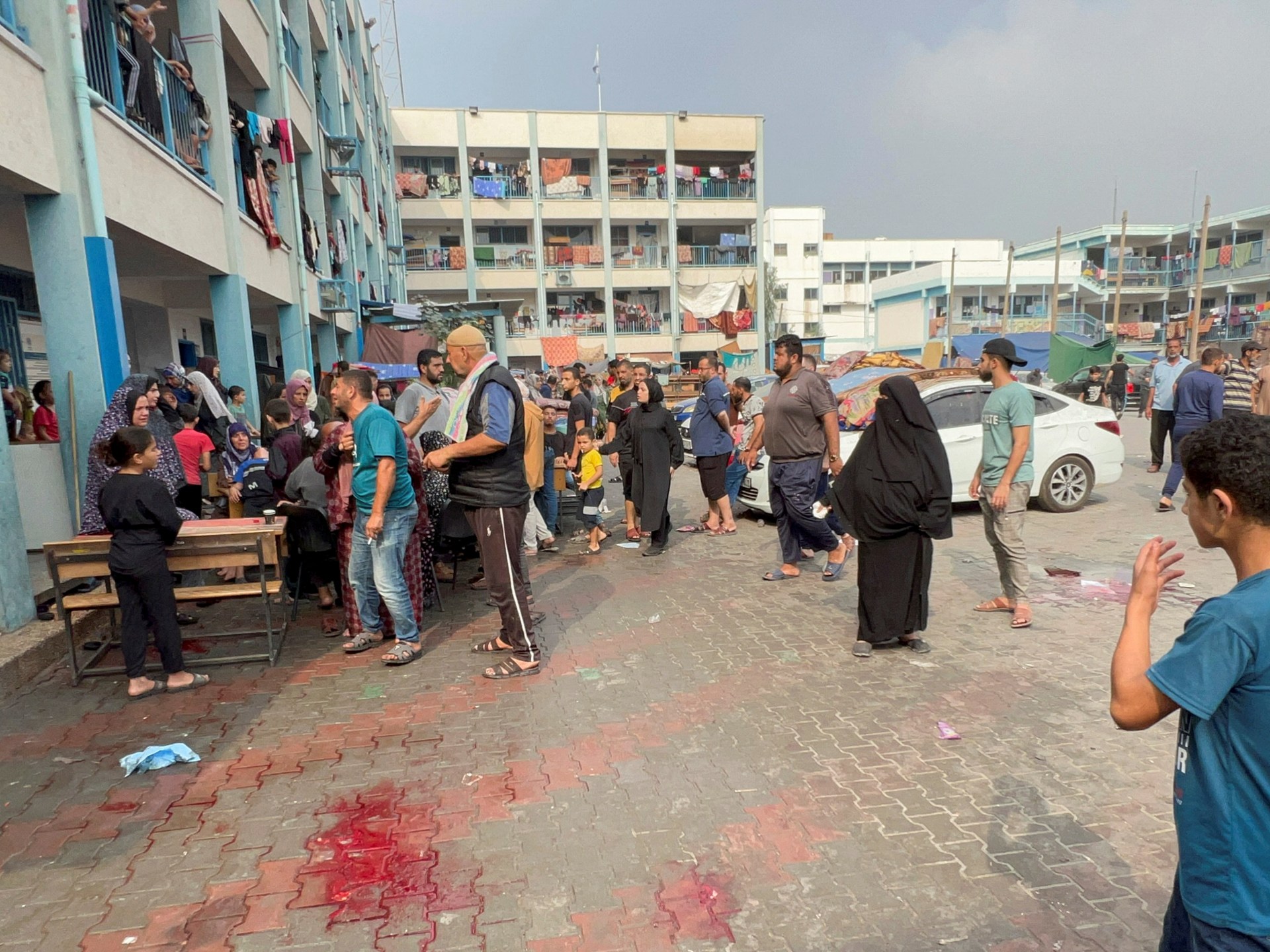
BEIJING (AP) – Chinese President Xi Jinping reiterated his call for the establishment of an independent Palestinian state and promised more humanitarian aid for the people of the Gaza Strip at the opening of a summit with Arab leaders in Beijing on Thursday.
“Since last October, the Palestinian-Israeli conflict has escalated dramatically and caused enormous suffering to the people,” Xi said in a speech at the opening of the China-Arab Cooperation Forum. “The war should not continue indefinitely.”
He called for an international peace conference to resolve the war between Israel and Hamas and pledged 500 million yuan ($69 million) in humanitarian aid to Gaza. He also pledged to donate $3 million to a United Nations agency that provides aid and assistance to refugees from the war between Israel and Hamas.
Beijing and Arab states are supporting the Palestinians in the conflict, which has seen Israel face increasing international criticism following its attack on the southern Gaza town of Rafah, which killed at least 45 people over the weekend. The total number of Palestinian deaths in the war is over 36,000, according to Gaza’s Health Ministry.
Beijing has long supported the Palestinians and condemned Israel for its settlements in the occupied territories. Beijing did not criticise the October 7 Hamas attack that killed around 1,200 Israelis, while the US and other countries have called it an act of terrorism. However, China has growing economic ties with Israel.
Egyptian President Abdel-Fattah el-Sissi, who spoke at the opening ceremony, praised China for its support for an immediate ceasefire in the Gaza Strip and the establishment of an independent Palestinian state.
“I call on all active actors of the international community to fulfill their moral and legal responsibility to end the outrageous Israeli war,” el-Sissi said. “I also call on the international community to act immediately and decisively to force the immediate and unhindered delivery of humanitarian aid and assistance to the Gaza Strip in order to break the Israeli siege and counter all attempts to forcibly expel the Palestinians from their land,” el-Sissi said.
In addition to addressing the war, the Chinese leader also called on Arab states to deepen cooperation in areas such as trade, clean energy, space research and healthcare.
The summit, which was attended by the heads of state of the United Arab Emirates, Bahrain and Tunisia, among others, was to focus on expanding China’s trade relations and security concerns related to the war between Israel and Hamas.
“China’s priorities in the region are primarily economic,” said Maria Papageorgiou, a lecturer in politics and international relations at the University of Exeter. “China wants to continue the momentum it has built with the Gulf states in recent years and expand its investments, particularly in trade, technology (5G networks) and other cyber initiatives.”
In addition, China wants to present itself as an alternative to the West and a more credible partner in the region that neither interferes in the internal affairs of countries nor exerts pressure, said Papageorgiou.
Xi and el-Sissi met for a bilateral meeting on Wednesday, where they signed a series of cooperation agreements in areas such as infrastructure, technology and food imports that are intended to strengthen their relations.
China has invested billions of dollars in Egyptian state projects, including an economic zone on the Suez Canal and a new administrative capital east of Cairo. According to the Egyptian Statistics Authority, investments between Egypt and China amounted to around $14 billion in 2023, compared to $16.6 billion in 2022.
Also at the forum are Tunisian President Kais Saied, Emirates President Sheikh Mohammed bin Zayed Al Nahyan and Bahraini King Hamad.
The China-Arab States Cooperation Forum was established in 2004 as a formal dialogue mechanism between China and the Arab states.
China is Tunisia’s fourth-largest trading partner after Germany, Italy and France. Beijing has financed hospitals and sports facilities in Tunisia, and its companies have been commissioned to build strategic infrastructure such as bridges and deep-sea ports in the Mediterranean.
The United Arab Emirates also has extensive and growing economic relations with China and has come under criticism in the United States over the alleged construction of a Chinese military facility in Abu Dhabi.
In addition to its extensive trade ties in the Middle East, China is increasingly seeking to play a diplomatic role in the region. In 2023, Beijing helped broker a deal that saw Saudi Arabia and Iran restore diplomatic ties after seven years of tensions – a role previously reserved for long-standing global heavyweights such as the United States and Russia.
___
Mistreanu reported from Taipei, Taiwan. Associated Press journalists Fatma Khaled in Cairo, Jon Gambrell in Dubai, United Arab Emirates, and Sam Metz in Agadir, Morocco, and video producer Liu Zheng in Beijing contributed to this report.






Recent Comments